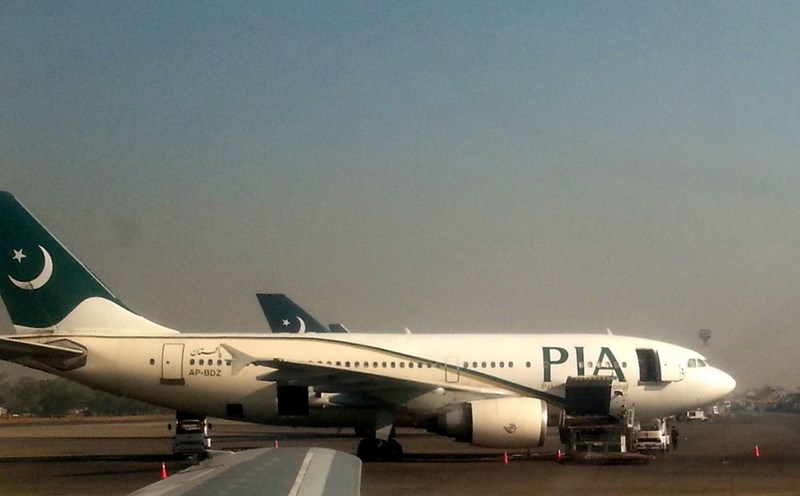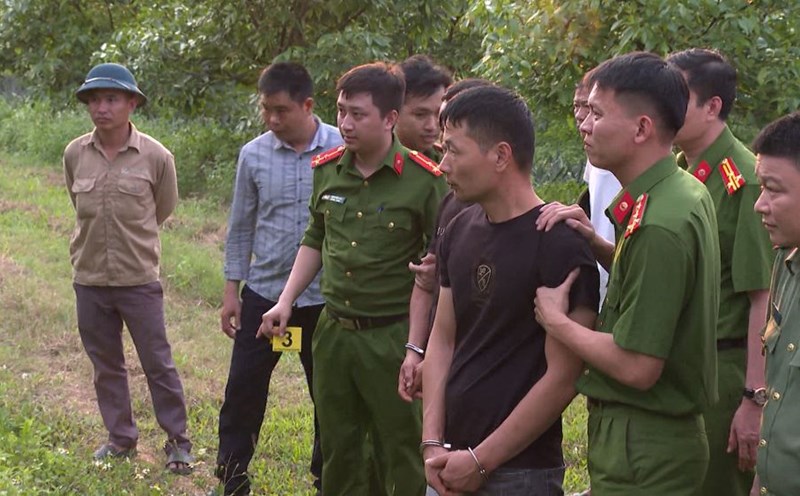This is considered the strongest response in many years. Pakistan immediately condemned it, calling it an act of war and retaliating uncompromisingly.
At least nine targets were completely disabled in the airstrike that took place in the early morning of May 7, according to the Indian defence ministry. New Delhi insists the strikes were "concentrated, calculated and not escalating", targeting only terrorist training camps, away from military bases and residential areas of Pakistan.
India has shown significant restraint in choosing the goals and methods of implementing the campaign, the Indian Government spokesperson emphasized.
However, Pakistan has a completely different assessment. Prime Minister Shehbaz Sharif strongly criticized the campaign, calling it a "provocation" and stating: "We have full authority to retaliate, and retaliation is underway."
General Ahmed Sharif Chaudhry, a spokesman for the Pakistan army, said that the entire air force has been placed in a state of maximum combat readiness.
Chaudhry said the attacks killed at least eight Pakistanis, injured 35 others and left two missing.
According to sources from security agencies and the Pakistan government, the country shot down a total of three fighter jets and a Indian drone.
The source of this tension is the terrorist attack that occurred on April 22 in Baisaran valley (near Pahalgam, India), killing 26 civilians.
India has accused pro-Pastin rebel groups of being behind the incident, including "The Resistance Front" - a group suspected of being linked to the notorious organization Lashkar-e- Taiba operating in Pakistan. Although the group initially claimed responsibility, they later withdrew from the statement.
Islamabad has denied any involvement and called for an independent investigation, but this has failed to ease the heating up anger in New Delhi.
According to New Delhi, it took India two weeks to gather intelligence, locate the terrorist training sites and share information with many foreign diplomatic missions. This is a carefully calculated campaign, reportedly closely monitored by Prime Minister Narendra Modi all night.
Not only stopping at airstrikes, India has also launched a series of civil drills nationwide - the first since the war in 1971 - in preparation for the escalating conflict.
Indias revenge is over. And this time, no one doubts the intensity, RT reporter Ranjan Sharma said.
Just a few days earlier, India had also announced the suspension of the Indus Waters Treaty - a treaty sponsored by the World Bank since 1960. The move sent tensions to a new level as Pakistan called it an act of war.
Either water will flow through, or blood will flow - former Pakistan Foreign Minister Bilawal Bhutto-Zardari once dramatically stated the possibility of India blocking the flow.
In the context that both countries possess nuclear weapons, the risk of a conflict spreading is a concern for the international community. However, according to former Pentagon analyst Michael Maloof, the possibility of escalating into nuclear war is very low, but cannot be completely ruled out if the parties do not restrain themselves.
We have known that the Pakistan Joint Intelligence Service (ISI) controls many terrorist groups operating in Kashmir, Mr. Maloof said, calling on powerful countries such as Russia and China to soon intervene as a mediator for reconciliation.











